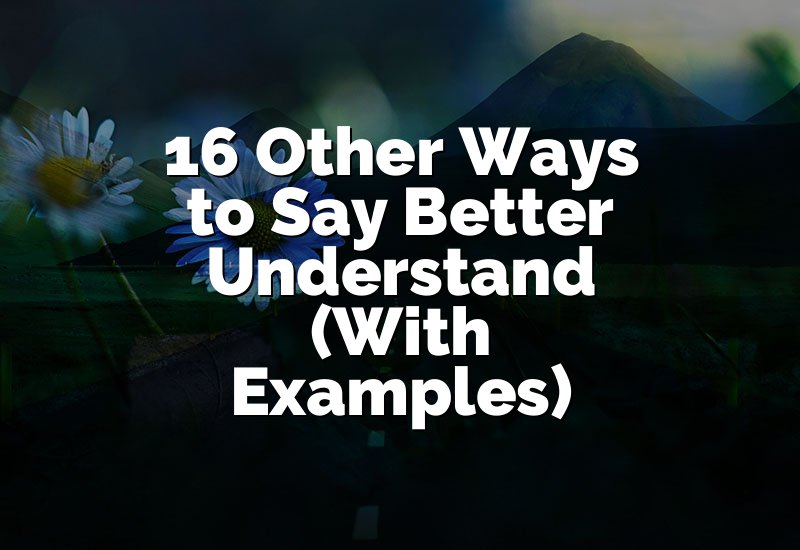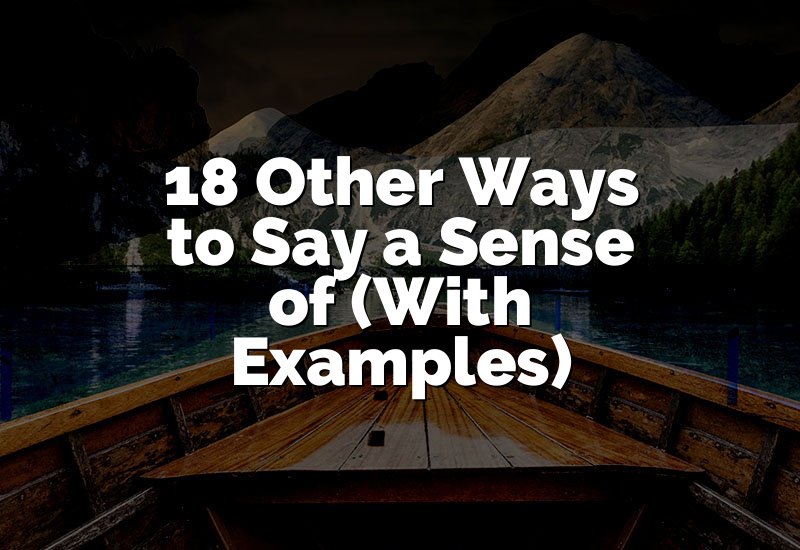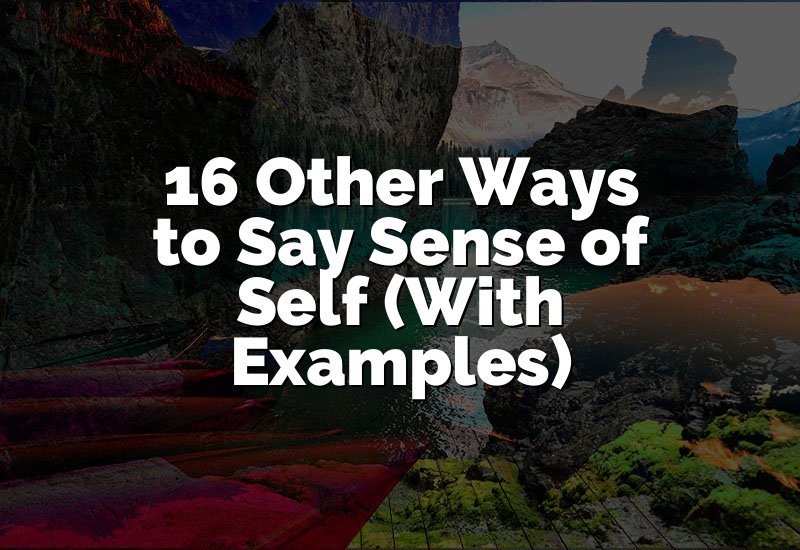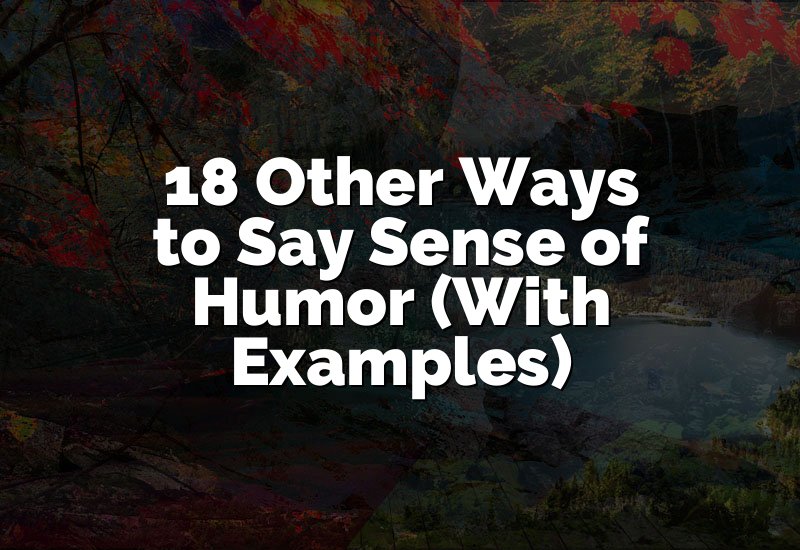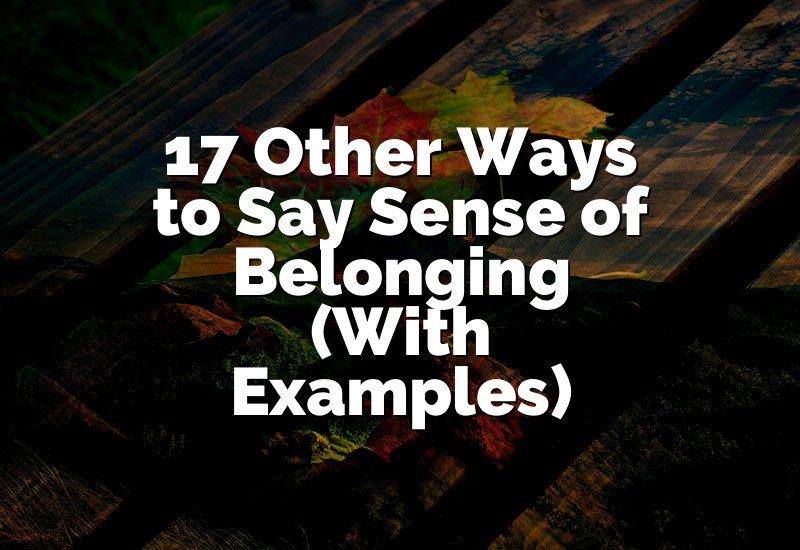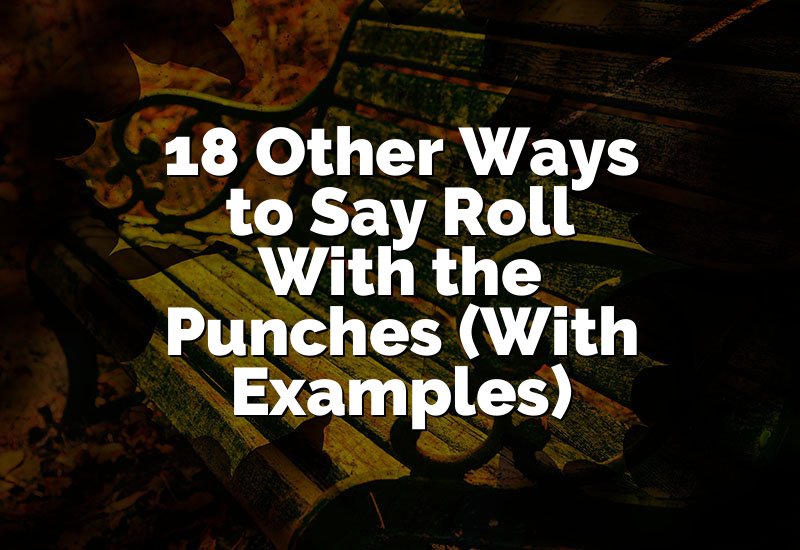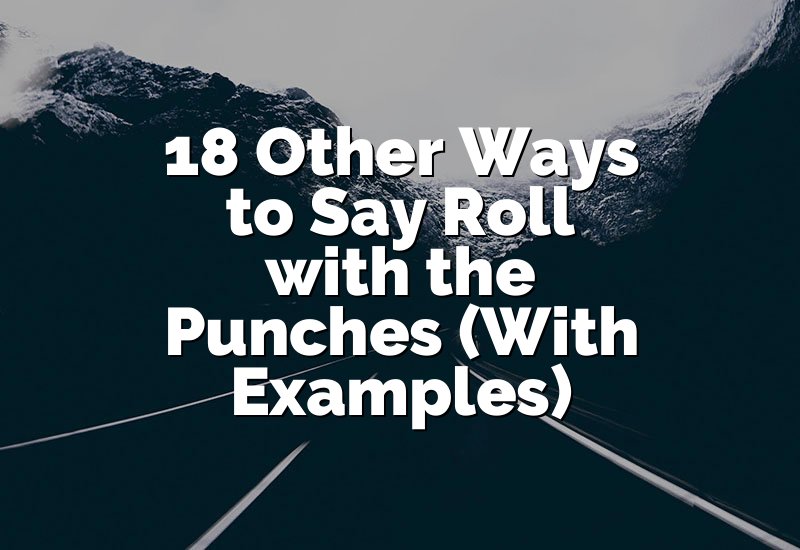You ever find yourself talking about the past, but getting bored of saying the same word over and over again? Yeah, me too. Sometimes, you want to spice things up a bit, whether you’re writing a story, having a chat, or even just journaling. Words like “bygone”, “former”, and “ancient” can help paint a better picture. They all mean something close to “past”, but each one brings its own little flavor.
1. Bygone
Bygone means something that has already happened or something from long ago. It’s used when talking about times or events that are not coming back. People use it when remembering old days with a bit of feeling. For example, you might hear someone say, “Those were the joys of a bygone era.” It has a slightly old-school vibe but in a good way. You might also say, “He talked about the bygone days of his childhood.” It's great for describing sweet memories or things that no longer exist. Use it when you want to sound just a bit poetic.
2. Former
Former is used to describe something or someone that was once in a certain state or position but isn't anymore. For example, “She is a former teacher who now writes books.” It's a great word when talking about roles, jobs, or states that have changed. You can also say, “He met his former boss at the store.” It's simple and often used in everyday speech. It doesn’t always mean long ago—just not current anymore. Former is a very useful synonym when talking about someone’s past title, job, or even a location.
3. Previous
Previous means the one that came before something else. It's common in daily conversation and writing. For example, “In the previous lesson, we learned about planets.” It helps show a clear timeline. You can also say, “My previous job was in customer service.” It's often used in business and school settings, but it's also great for telling stories. It helps keep things organized when you’re talking about time or order. Use previous when you’re moving through events or steps and want to make things easy to follow.
4. Earlier
Earlier means something that happened before the present time or before another time you’re talking about. It helps show that something was in the past but not always far in the past. For example, “I saw her earlier today at the cafe.” Or, “We talked about this earlier in the meeting.” It’s a simple, friendly word that fits easily into both writing and conversations. Earlier is perfect for explaining order or when you’re going back in your story or timeline just a bit. It's a smooth way to refer to a previous moment without sounding too formal.
5. Old
Old is probably one of the easiest and most used synonyms for past. It means something from a long time ago or just not new. You can use it in many ways. For example, “This is my old school.” Or, “She found an old photo in the drawer.” It’s a simple word that works for people, things, places, or memories. Old can sound warm and familiar or even a little sad, depending on how you use it. But it always points back to something that isn’t part of the present anymore.
6. Ancient
Ancient means really, really old—like from a thousand years ago. People usually use it when talking about history or things that are super old. For example, “They studied ancient civilizations like Egypt and Greece.” You might also hear someone say, “That computer looks ancient!” as a joke. It's a great word when you want to show how long ago something happened. Ancient often sounds serious or even magical, depending on the topic. Whether you’re talking about old ruins or teasing your friend's outdated phone, ancient adds strong meaning to the idea of the past.
7. History
History is everything that has already happened. It can be big, like world history, or small, like your own personal history. For example, “He loves reading about the history of space travel.” Or, “We have a long history together as friends.” History is useful when you want to talk about past events, especially ones that help explain today. It can be fun, sad, inspiring, or full of lessons. Everyone has their own history, and so does every place or thing. It's a great word when you want to dig into what came before now.
8. Prior
Prior means something that came before something else. It’s a bit more formal than “before” or “earlier”, but very helpful. For example, “She had no prior experience in cooking, but she tried anyway.” Or, “They checked his prior records.” It works great when you want to sound clear and organized, especially in work or school settings. Prior helps show that something happened first or earlier in time. You'll often hear it in news, legal talk, or instructions. It's a clean, smart way to talk about earlier events or steps.
9. Earlier times
Earlier times means a time before now, but usually said with a bit of feeling or memory. It’s often used to talk about how things used to be. For example, “In earlier times, people used letters instead of phones.” It paints a picture of the way life used to look. You might also say, “Earlier times were slower and simpler.” It gives off a soft, thoughtful vibe and works well in writing or storytelling. It's a nice way to talk about the past without being too specific.
10. Yesteryear
Yesteryear is a fun and old-fashioned way to say “last year” or “the past in general.” It often brings a sense of nostalgia. For example, “She dressed like a movie star from yesteryear.” Or, “They remembered the songs of yesteryear.” It's not used in casual speech very often, but it shines in writing, poems, or storytelling. Yesteryear makes the past sound romantic or special. It’s a great word for memories, styles, or stories that feel full of charm. Use it when you want the past to feel sweet and lovely.
11. Before
Before is a common word that shows something happened earlier than now or another event. It’s super useful and easy to use. For example, “I had lunch before the meeting.” Or, “We've met before, right?” It helps show the order of time and is great in everyday conversations. It's a basic word, but don't let that fool you—it's powerful and flexible. You can use before in short talks or big stories. It's one of the easiest ways to talk about something in the past.
12. Once
Once means something that happened at some time in the past. It’s often used to begin stories or to talk about something that used to happen. For example, “Once, I got lost in the woods.” Or, “She was once a dancer.” It brings a feeling of something past that may not happen again. It's a great word to start stories with or to explain a change from past to present. It's simple but brings a little mystery or wonder, especially in storytelling.
13. Long ago
Long ago means something happened far in the past. It can be used in stories or just when you’re remembering something. For example, “Long ago, people used candles for light.” Or, “I heard that story long ago.” It’s friendly, simple, and makes things feel distant in time. Long ago is often used when you want to talk about events with a soft or dreamy tone. It works great in writing, bedtime stories, or just when sharing a memory with someone. It's perfect for creating a sense of time passed.
14. Gone
Gone means something that was here before but isn’t now. It's short and emotional. For example, “Those days are gone.” Or, “She's gone, but we remember her.” It can be used for people, times, things, or even feelings. Gone is a strong word when talking about something that has ended or disappeared. It’s simple but can carry a lot of emotion. You might use it when saying goodbye to the past or showing that something has changed forever. It's powerful and easy to understand.
15. Foregone
Foregone means something that is already decided or expected to happen, but it also means something from before. For example, “It was a foregone conclusion that they would win.” Or, “Let's not worry about foregone mistakes.” It's a bit more formal and often used in writing. Foregone shows that something is already in the past and not likely to change. It can also mean something that we don't need to talk about anymore. It's a great word to use when you want to sound a bit thoughtful or serious.
16. Previous era
Previous era means a past time that was known for certain styles, events, or ways of life. For example, “In a previous era, there were no smartphones.” It helps to describe how things were back then, often with contrast to today. You might also hear, “The cars of the previous era were built to last.” It's a nice phrase for comparing past and present. It sounds smooth and smart, perfect for storytelling or reports. Use it when you want to talk about a full period of time, not just one moment.
17. Earlier period
Earlier period means a time before the one you are talking about now. It's helpful when talking about history, work, or even daily life. For example, “During an earlier period, the town was much smaller.” Or, “The painting comes from an earlier period in her career.” It's clear and polite, and it gives structure to your timeline. It's great for school essays, reports, or just when you want to be more exact. It's not too fancy but sounds neat and useful in most writing.
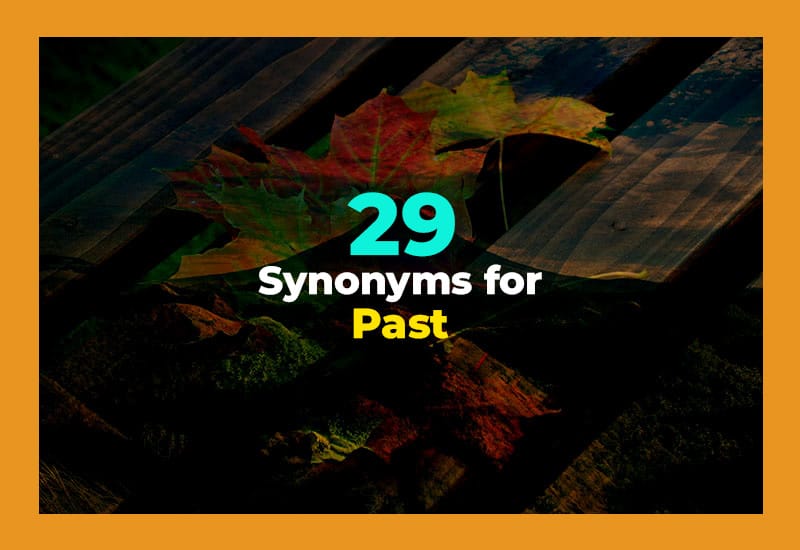
Final Thoughts
The word past has many faces. Whether you’re feeling nostalgic, telling a story, or just trying to sound a bit smoother in your writing, using different words like bygone, former, or ancient can help a lot. Each synonym adds a new flavor and makes your message clearer or more interesting. Try them out and see how they change your stories or even your everyday chats. Knowing these words can help you describe time in fun and smart ways. So go ahead, play with the past a little—you'll be surprised how far it takes you!

